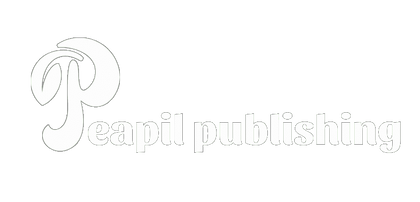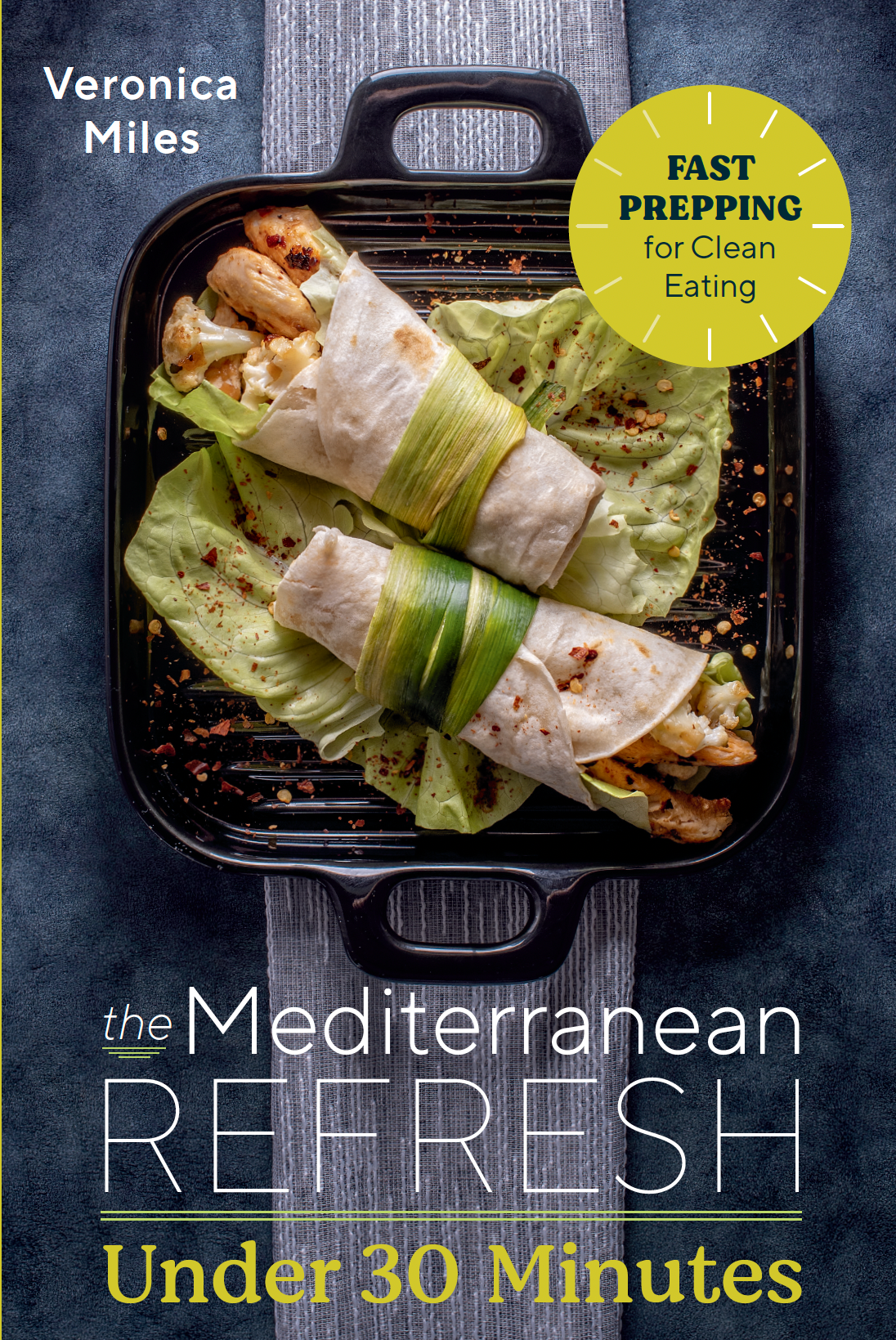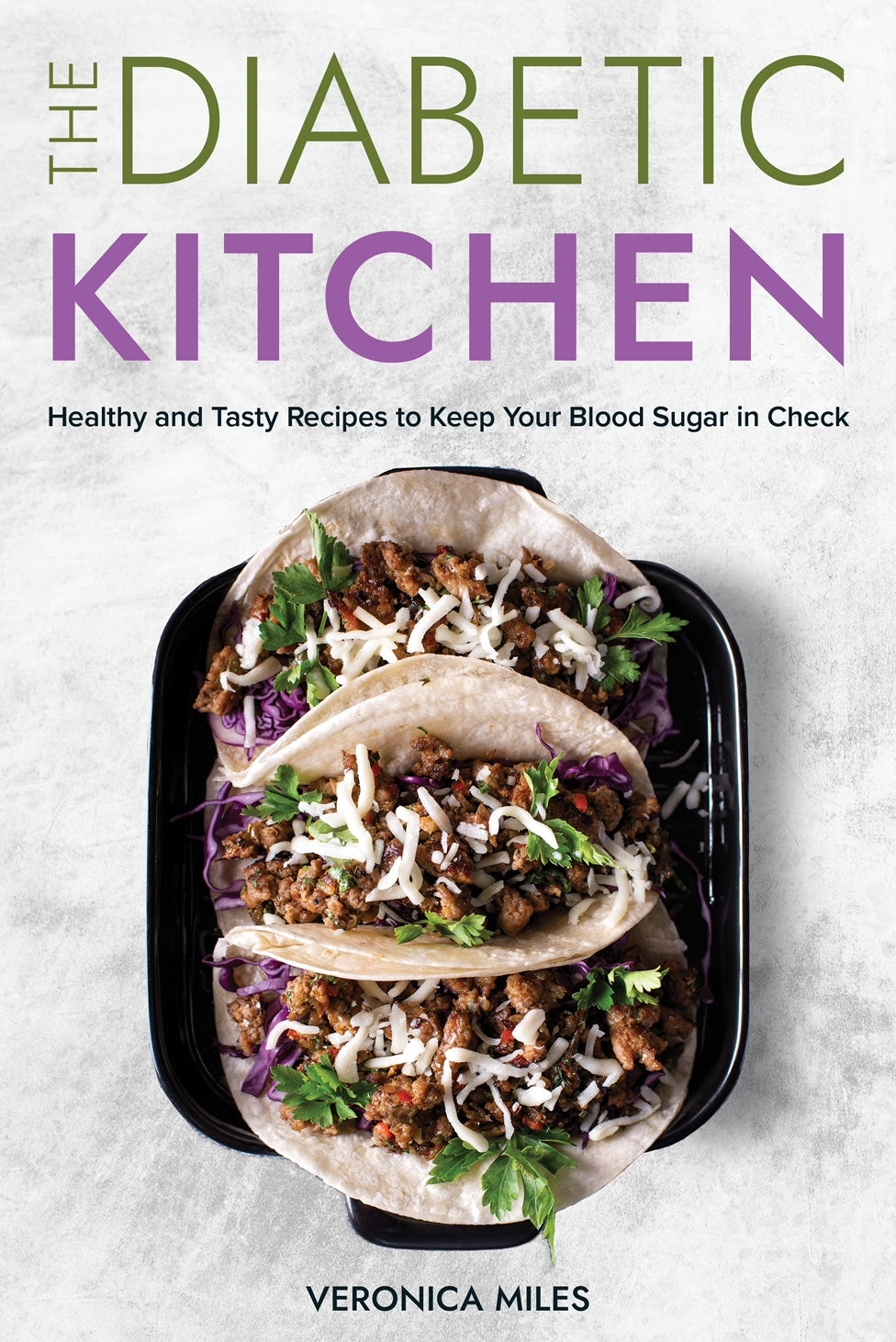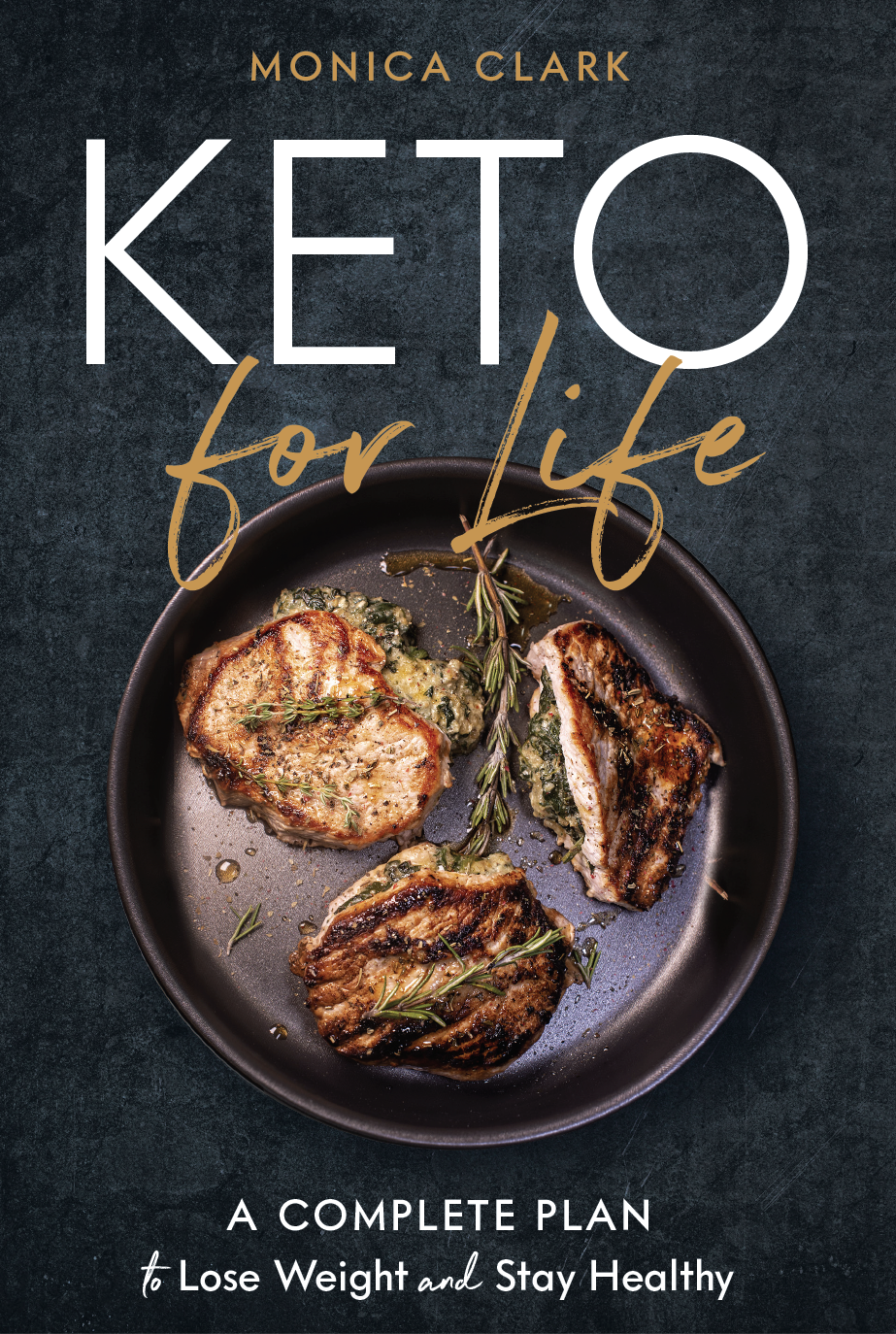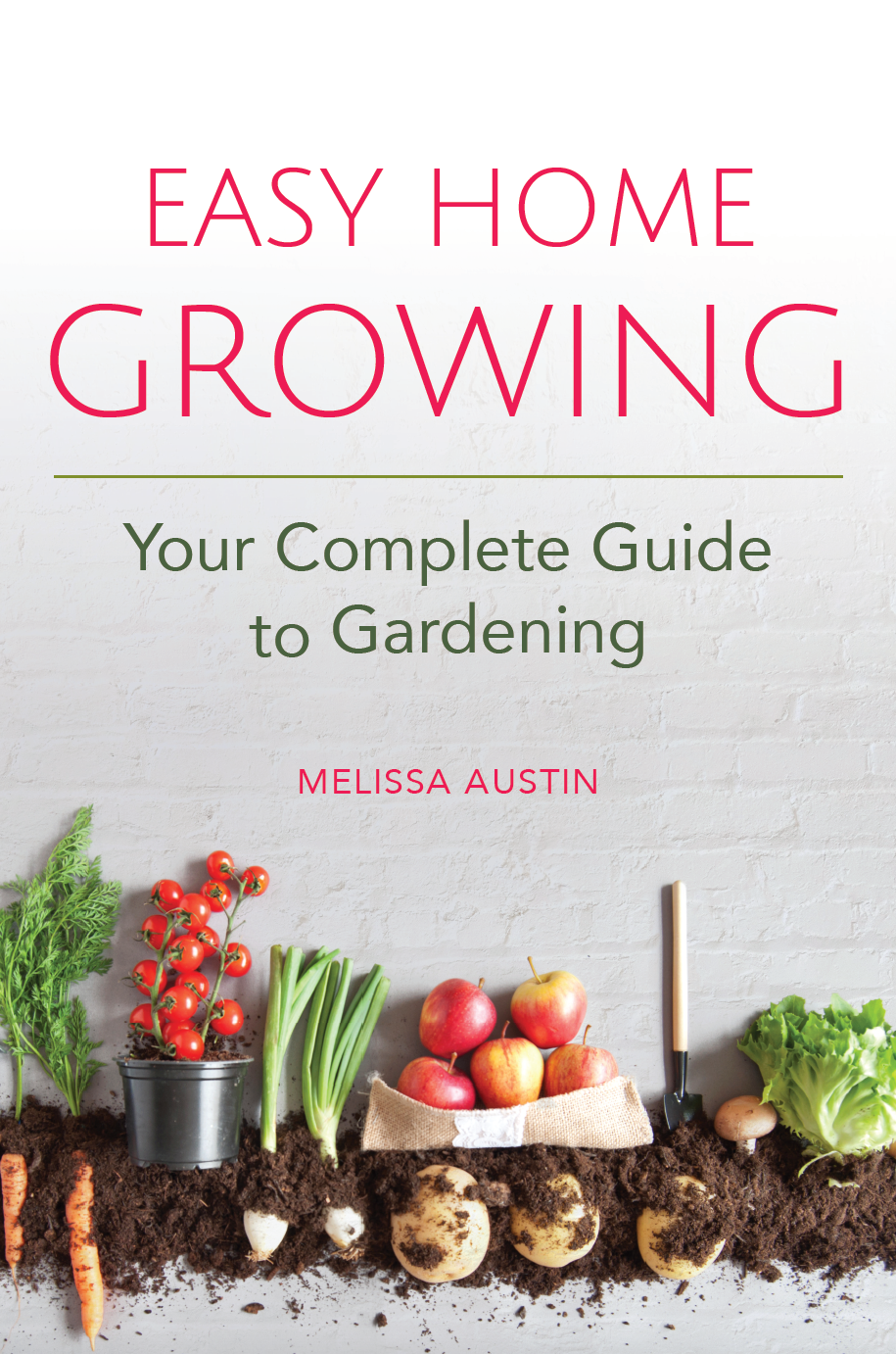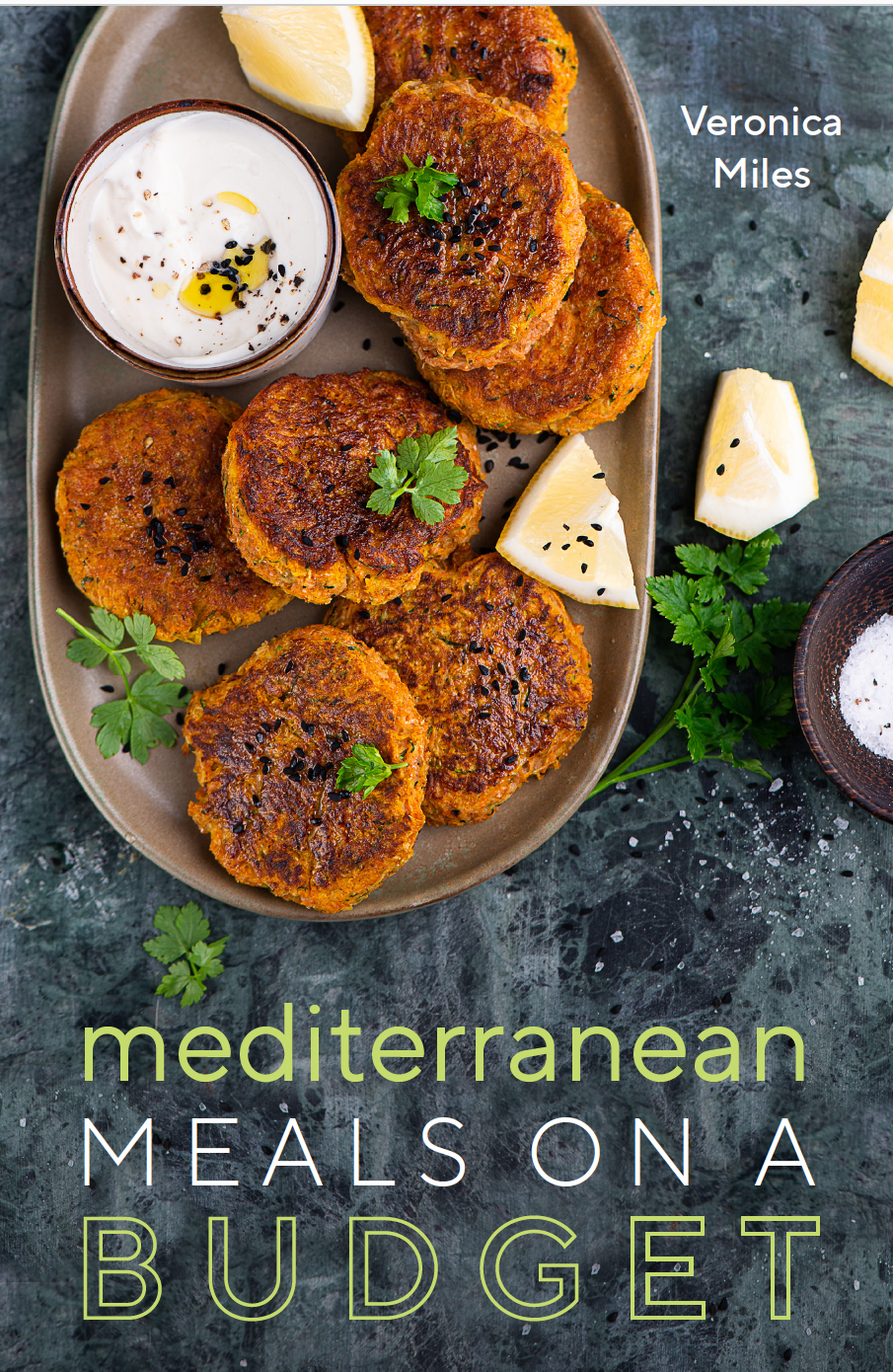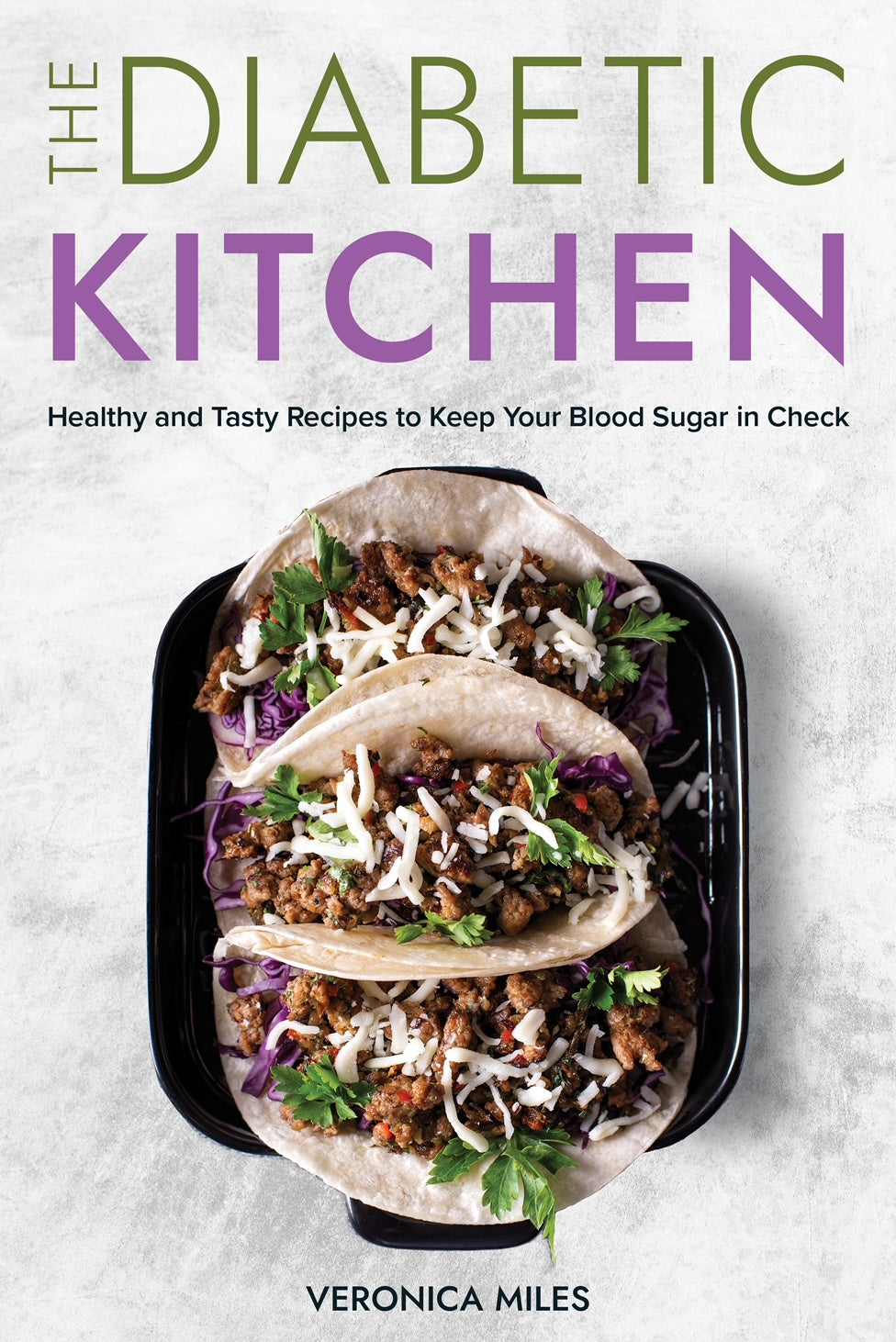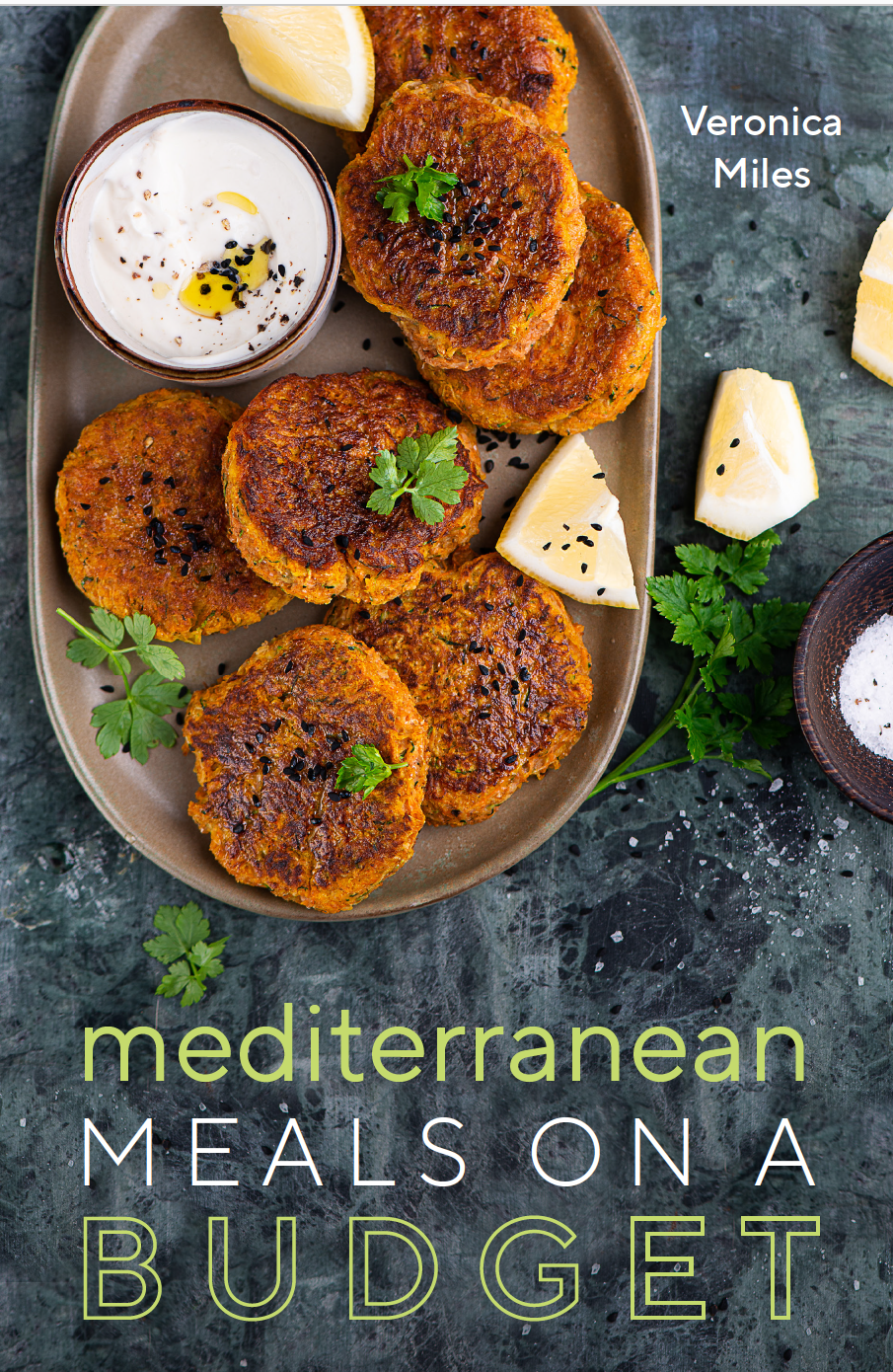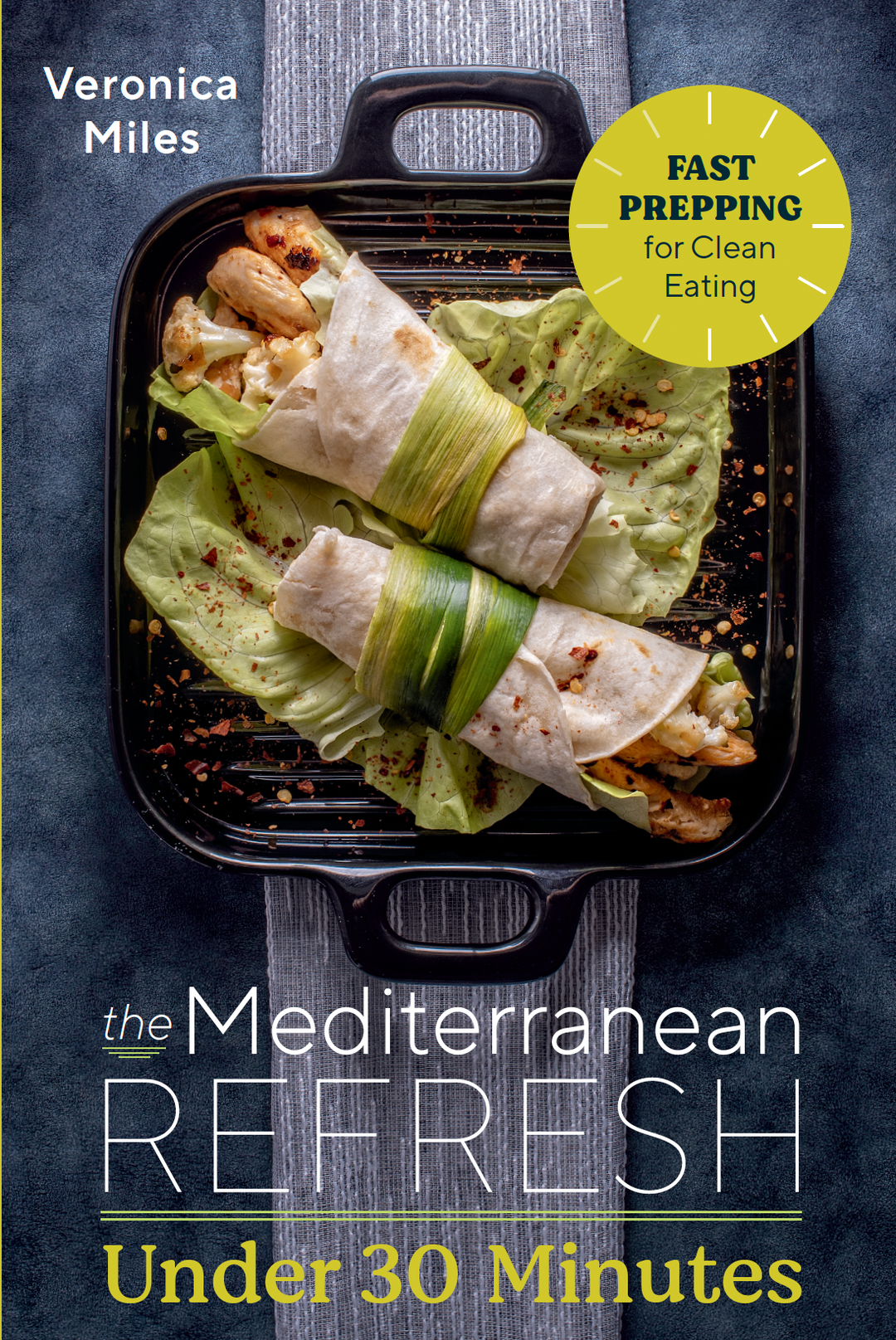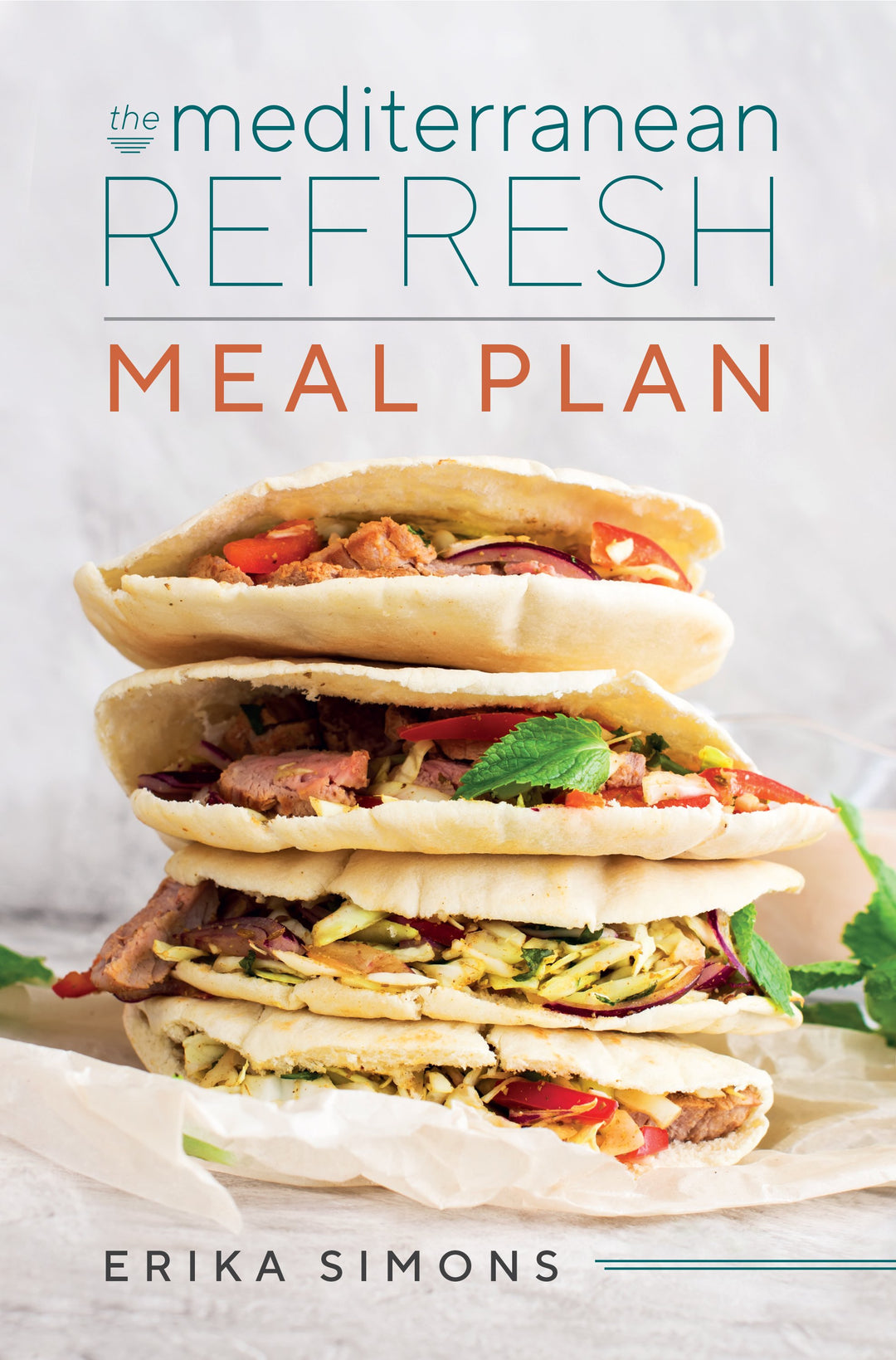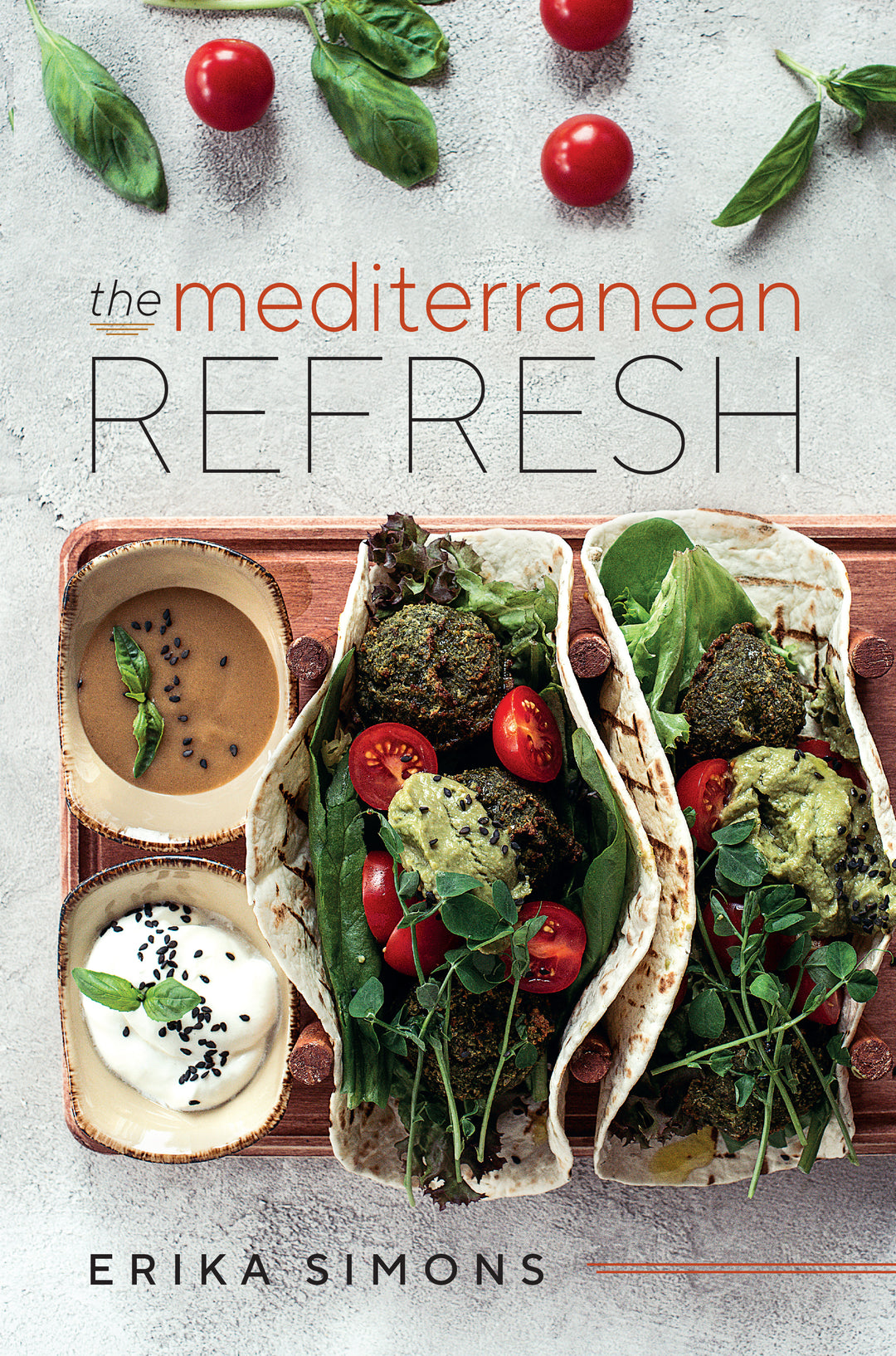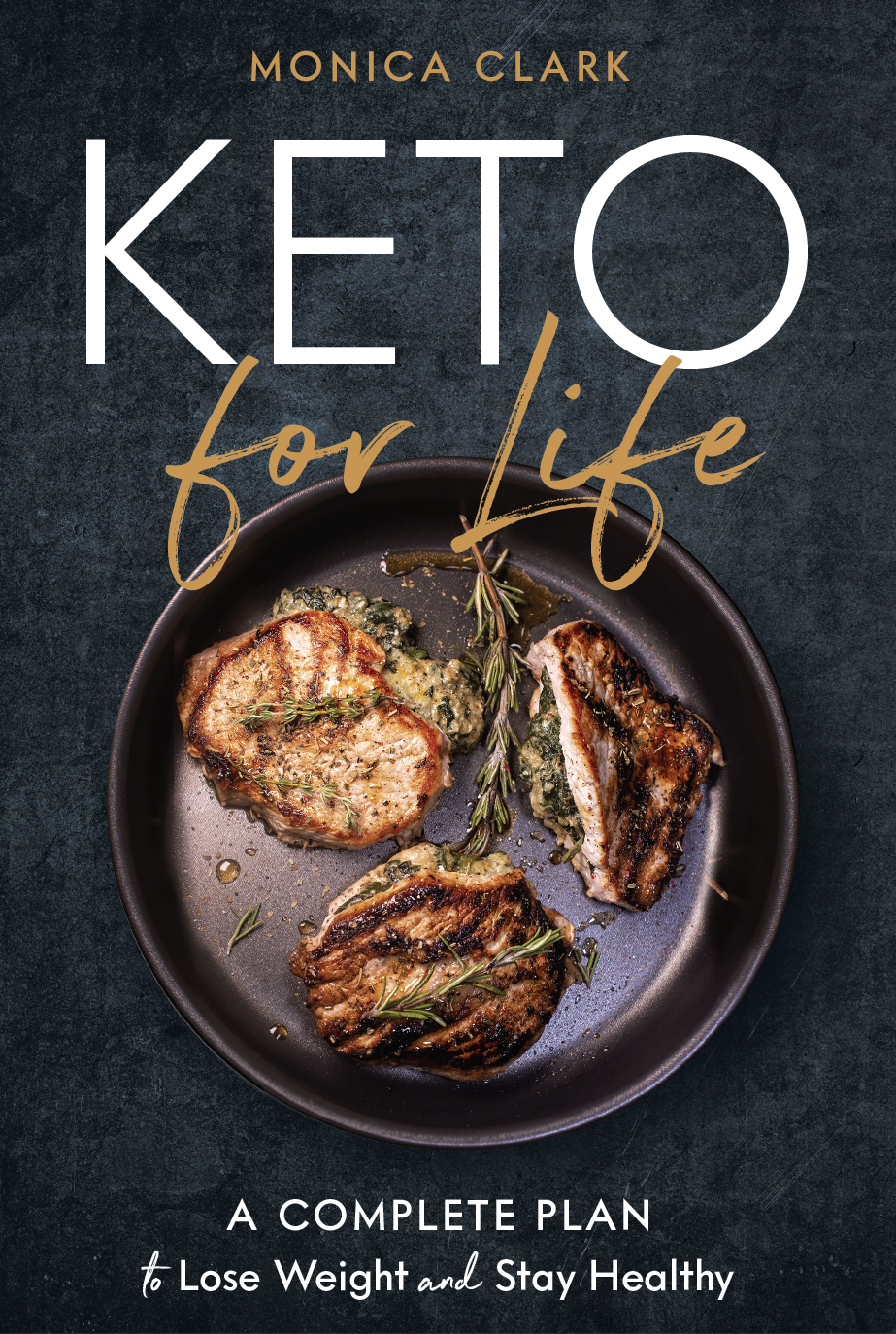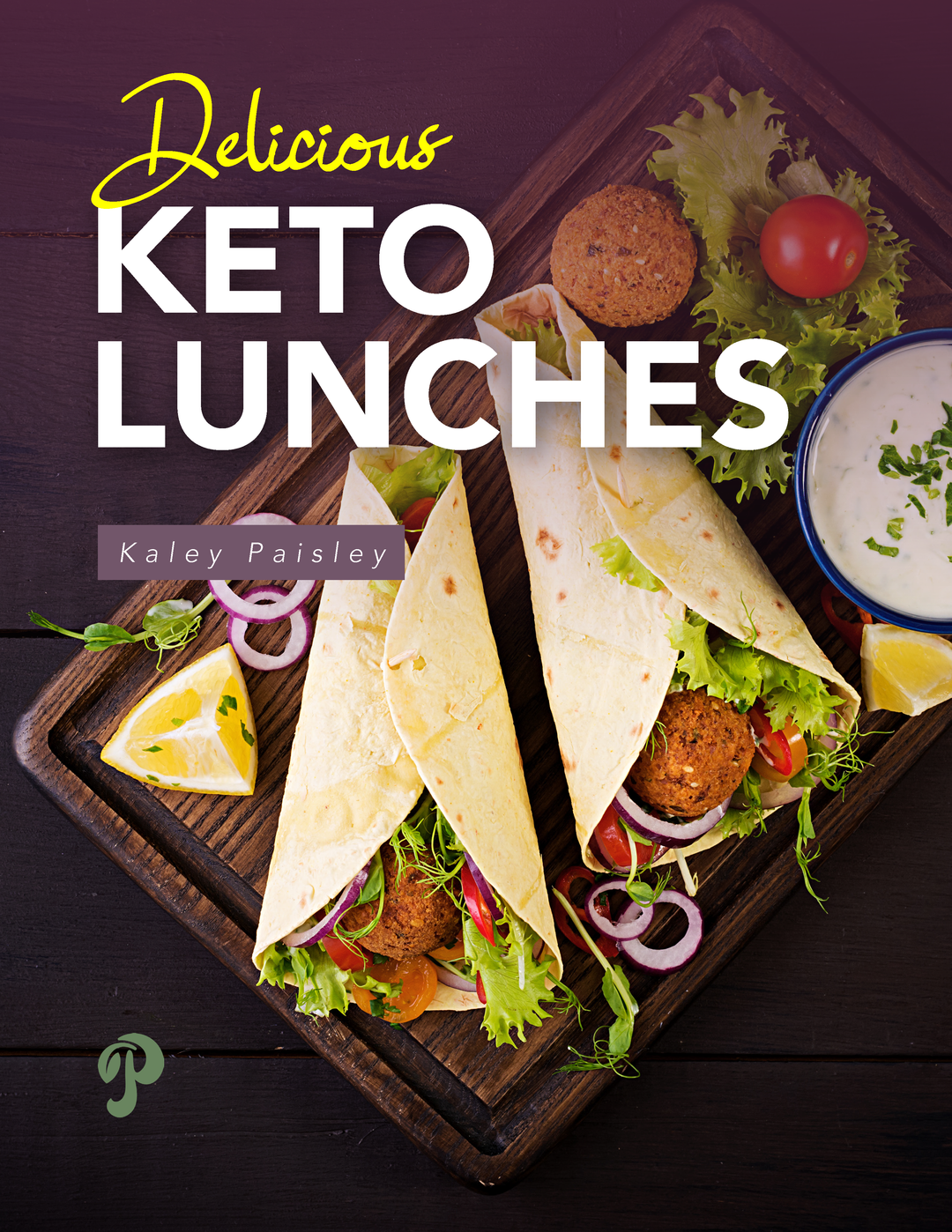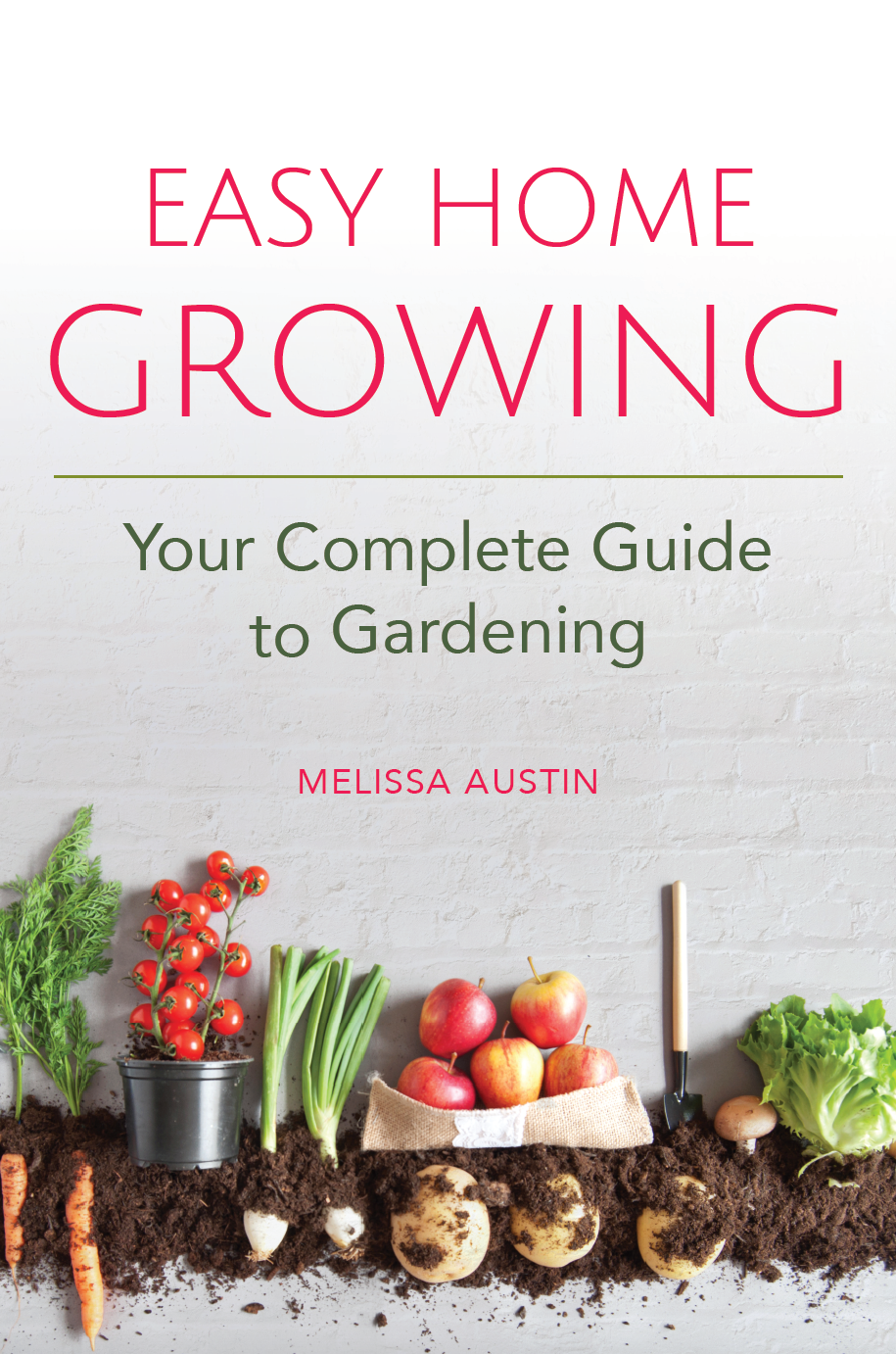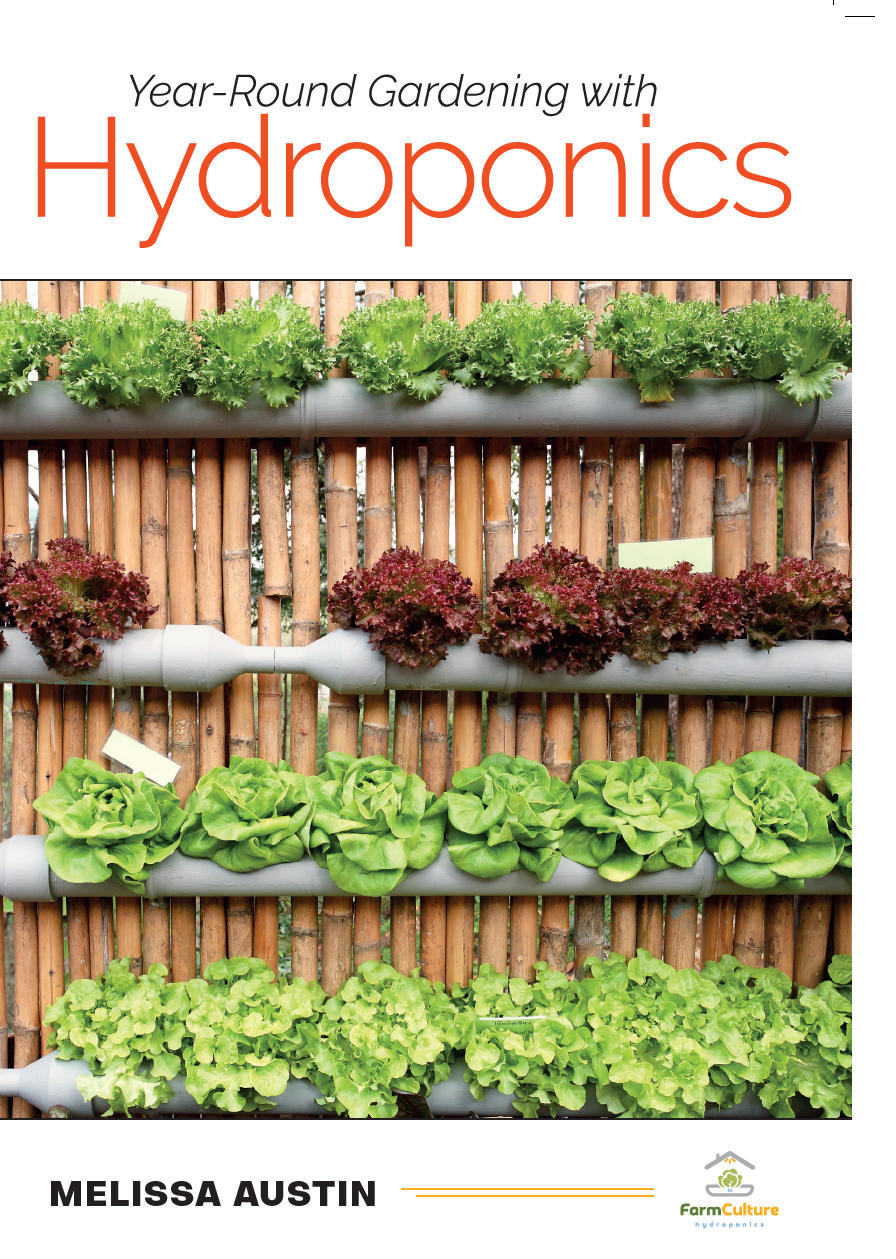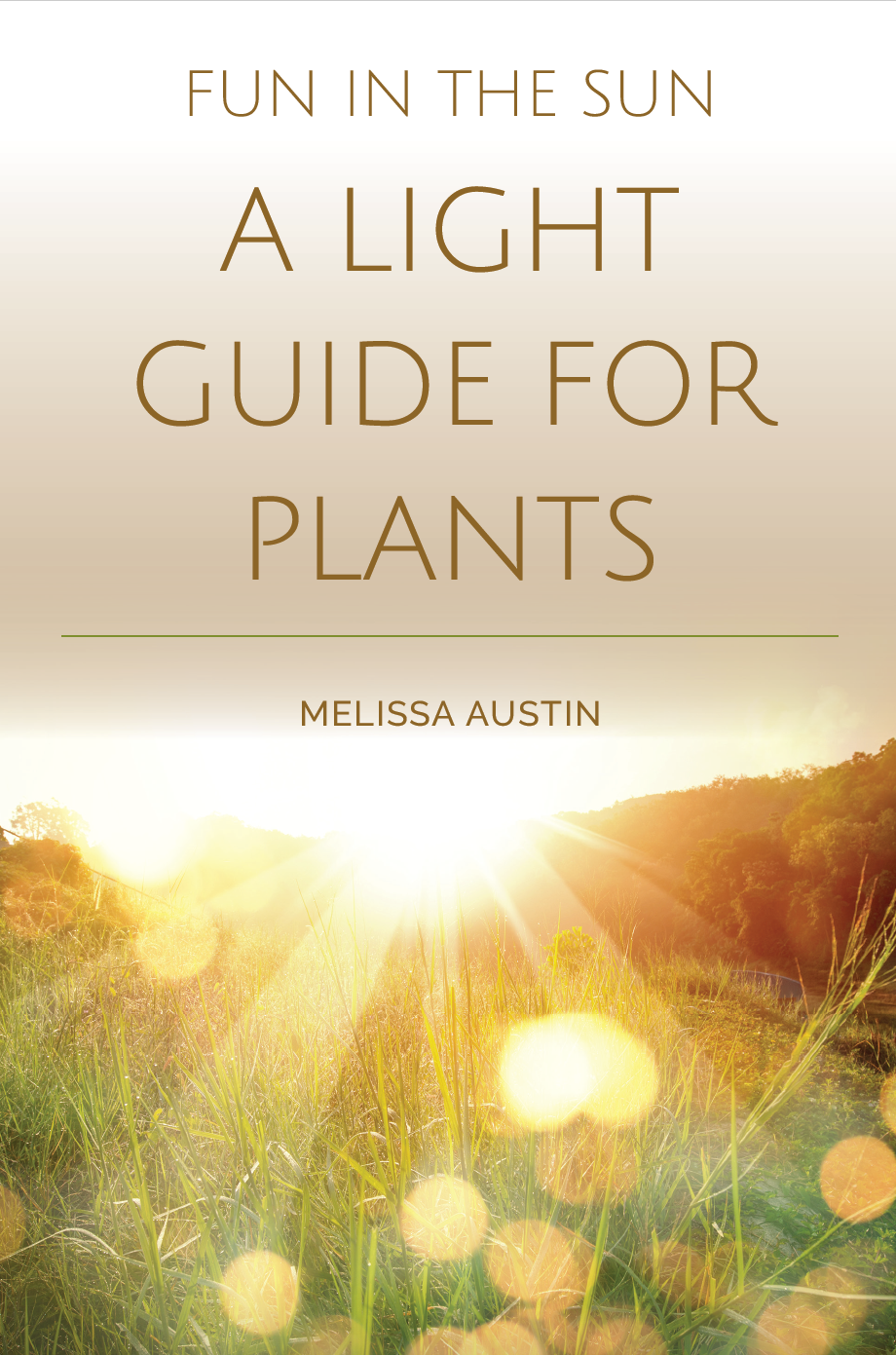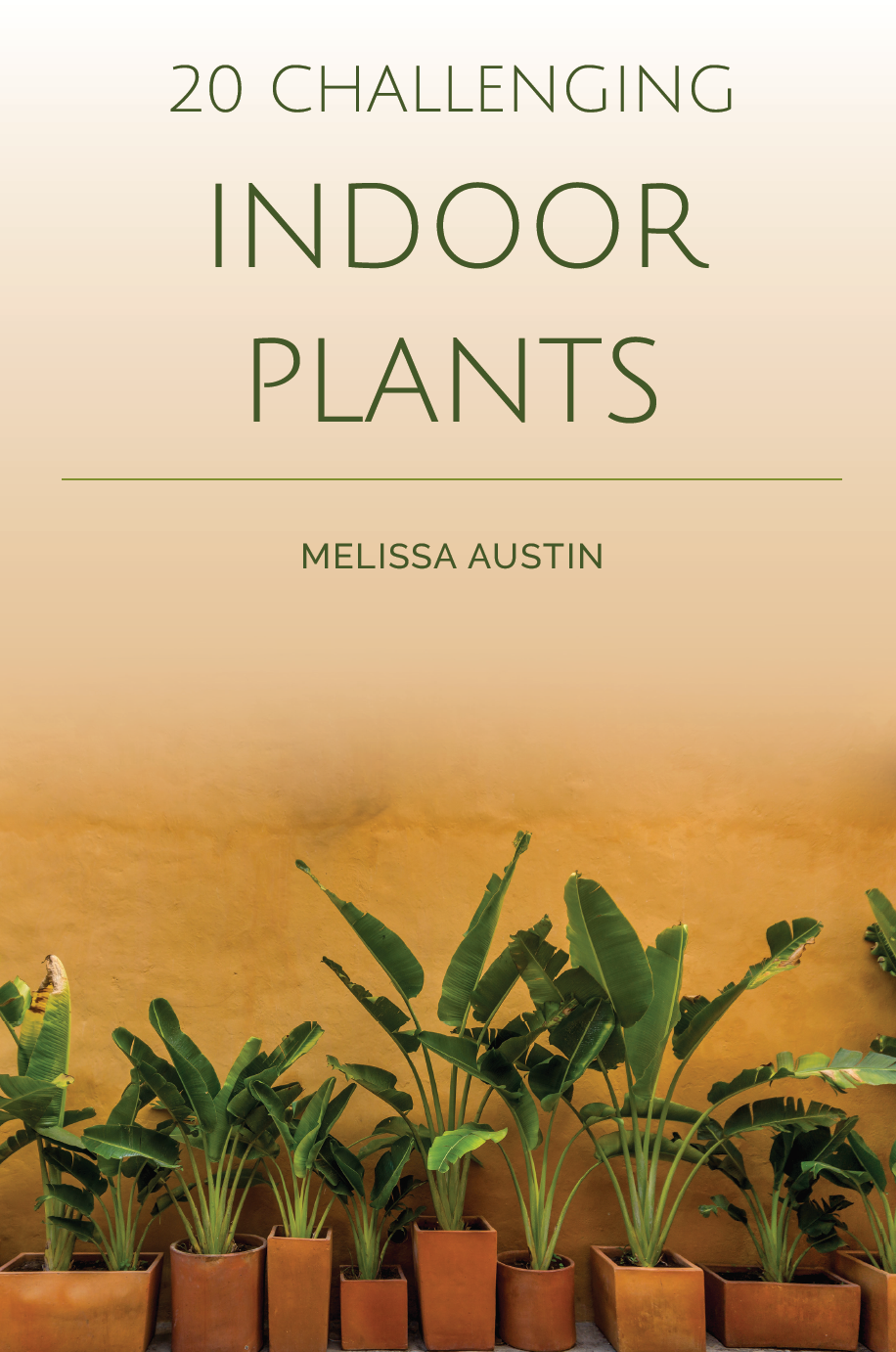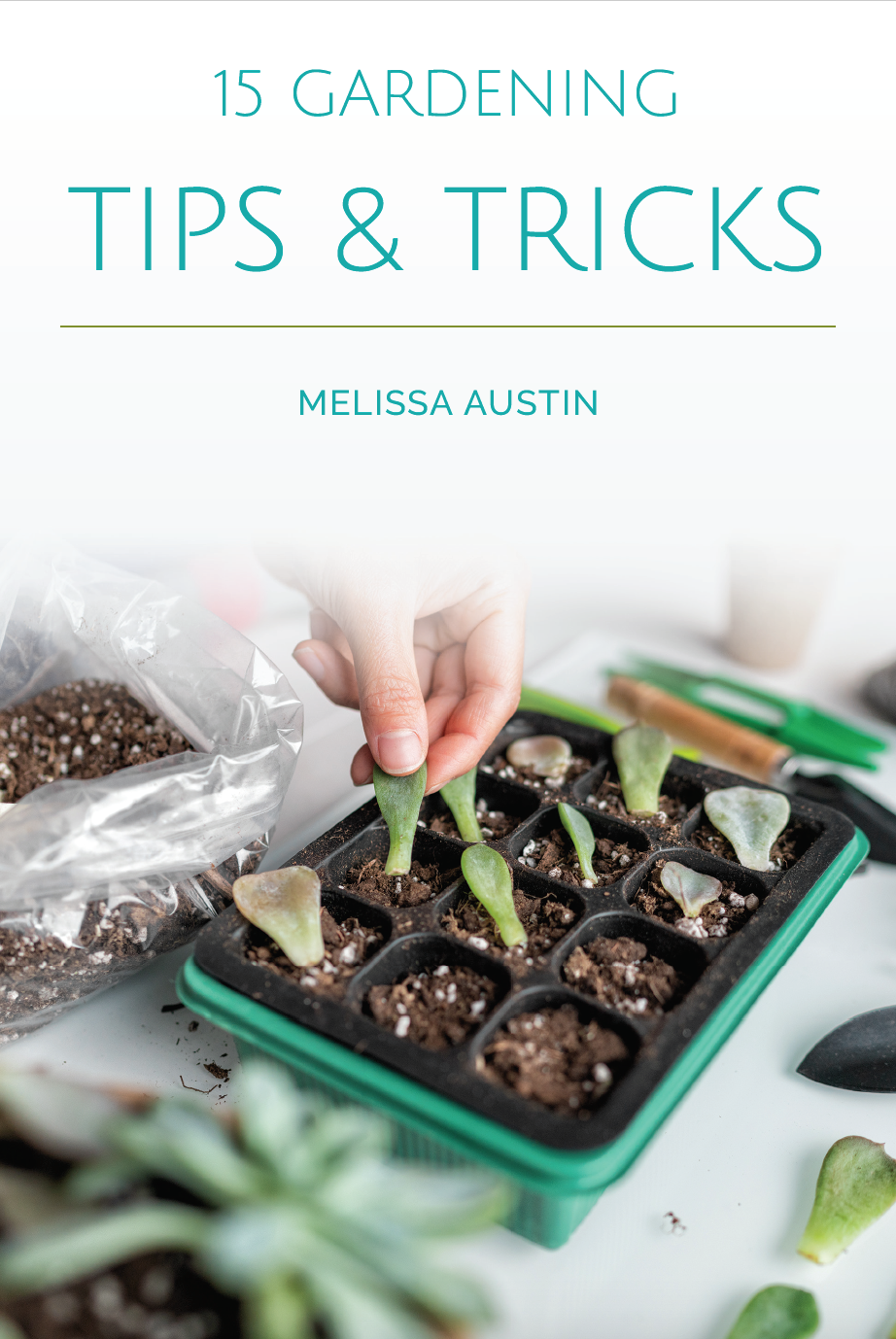10 Essential Tips for Choosing the Best Diabetic Diet Books
Navigating the world of diabetic diet books can be overwhelming with so many options available. Whether you’re newly diagnosed or looking to refine your existing knowledge, finding the right resource is crucial. In this post, we’ll share essential tips that will guide you through the selection process, ensuring you choose the best diabetic diet books to meet your needs.
1. Understand Your Dietary Needs
Before you start browsing, take time to assess your individual dietary needs. Consider factors like your insulin sensitivity, any allergies, and your overall health goals. Understanding these elements is crucial because the best diabetic diet book for someone who is newly diagnosed may differ significantly from what someone with years of management experience might prefer.
Furthermore, consider how your lifestyle can play a role in your dietary choices. For example, do you have a busy work schedule that might require quick meal ideas? Or do you enjoy cooking elaborate meals on weekends? Answering these questions will refine your search.
2. Check for Evidence-Based Information
Ensure the books you’re considering provide evidence-based nutritional advice backed by research or expert consensus, rather than anecdotal claims. This is particularly important in the realm of diabetes management, where specific dietary recommendations can significantly influence blood sugar levels.
Look for references from recognized health organizations or experts in the field. A reputable book might even cite studies or include endorsements from registered dietitians or physicians, which can be an excellent indicator of its credibility.
3. Look for Meal Plans and Recipes
A good diabetic diet book should include practical meal plans and recipes that suit different tastes and cooking styles, making it easier to apply what you learn. After all, theoretical knowledge is just the first step; applying that knowledge in the kitchen is where real progress happens.
Diverse recipes that incorporate various cuisines can also help prevent meal fatigue, which is a common issue among those trying to stick to a strict diet. You want to ensure the book offers a range of options that you’ll be excited to try.
4. Evaluate the Author’s Credentials
Research the author’s background to ensure they have relevant qualifications and experience in nutrition, dietetics, or diabetes management. Authors who are registered dietitians or certified diabetes educators typically provide a higher level of insight and support.
Consider the author’s motivation for writing the book as well. Personal stories can offer valuable context, but those grounded in professional expertise may provide the most substantial knowledge. Ultimately, look for an author that resonates with you, as personal connection can enhance your learning experience.
5. Discover User Reviews and Recommendations
Reading user reviews can provide insight into how helpful a book has been for others, offering a more informed perspective on its effectiveness. Look for comments focusing on clarity, practicality, and results. Better yet, test the waters by joining online forums or social media groups dedicated to diabetes.
Here, you can ask for recommendations directly from those who are going through similar journeys. Personal experiences shared in these communities often make for valuable advice that can steer you toward the best options.
6. Assess the Readability and Style
Choose books that are written in a clear, conversational tone, making complex topics understandable and enjoyable to read. A friendly writing style can keep you engaged—even when discussing rigorous scientific information. If you find yourself skimming or getting bored, it might not be the right fit.
Look for how the material is organized as well. Clear headings, bullet points, and visually appealing formats can significantly enhance your comprehension and retention of the information.
7. Consider the Format and Design
Look for books with an easy-to-navigate format and appealing design. Visual aids and organized information can enhance your learning experience. A well-designed book can make it easier to refer back to specific sections or recipes without hassle.
Additionally, consider whether you prefer physical books, e-books, or audiobooks. Each format has its pros and cons—while a physical book might feel more engaging, e-books can offer portability and convenience. Your choice can influence how often you’ll read and apply the information.
8. Explore Additional Resources
Some books come with added resources like websites, apps, or community support. These can help you connect with others and make your journey less isolating. Having a community to turn to for questions, encouragement, or shared experiences can be invaluable.
Consider whether the book offers meal planners, tracking logs, or online forums as part of its resources. These features not only bolster your knowledge but also help in practical applications, ensuring that the adjustments you make in your diet are sustainable.
9. Determine Your Budget
While it’s important to invest in quality resources, have a budget in mind to avoid overspending. Compare prices and find options that provide great value. Sometimes, local libraries or digital platforms can offer significant savings and still grant you access to popular titles.
This can be especially important if you’re looking to explore several different books. Balance the cost with the knowledge and support you’re likely to gain, and remember, a good book can be an investment in your health.
10. Seek Professional Guidance
If you’re still unsure which books to choose, consider consulting a registered dietitian or a healthcare provider who specializes in diabetes management for personalized recommendations. They can help navigate the plethora of options and suggest titles that align specifically with your needs.
The combined insights of professionals in conjunction with your own research can truly empower you to make the best choice. After all, investing time in selecting the right resources is a step away from confusion and towards a healthier lifestyle.
